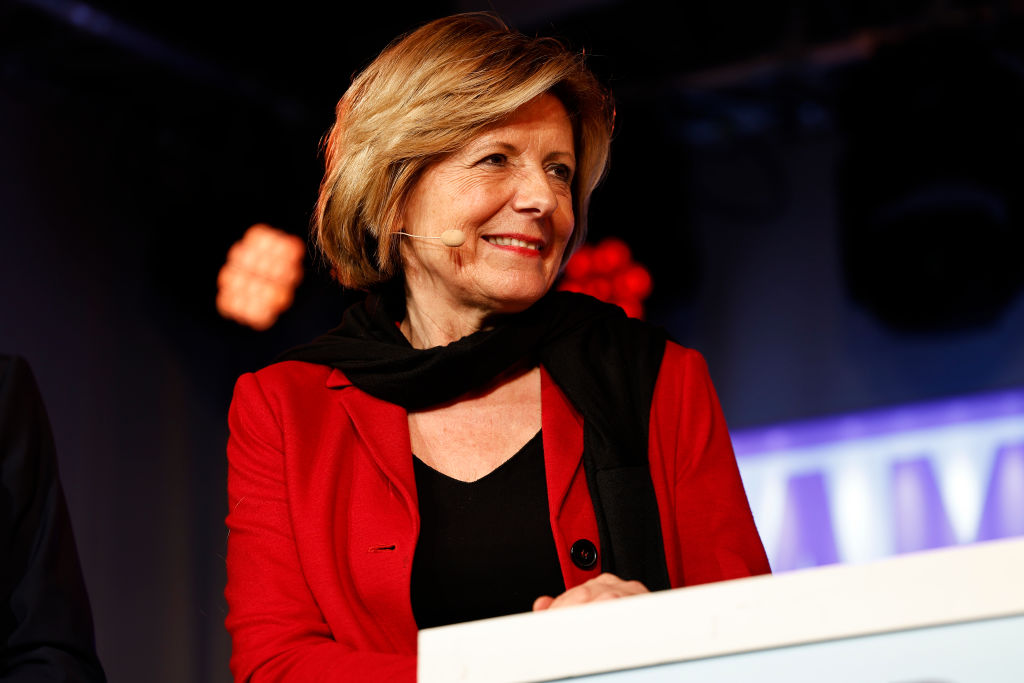Germany’s highest court has thrown out two suits brought by the left-wing Bündnis Sahra Wagenknecht (BSW) party, challenging the general election result on February 23, 2025.
The Federal Constitutional Court announced its decisions on June 3 in a press release.
BSW had narrowly missed the threshold of 5 per cent of the vote to enter the main chamber of the German parliament, the Bundestag. The party – which broke off from the far-left Die Linke in January 2024 – achieved 4.981 per cent, missing the threshold by 9,500 votes and thus getting no seats in parliament.
BSW had petitioned the Federal Constitutional Court in Karlsruhe (Rhineland Palatinate) to order a recount of all votes. In two separate appeals, the party claimed that its right to equal opportunities had been violated.
Firstly, it argued that the Bundestag should have introduced a legal means that would allow a party that only narrowly missed the 5 per cent threshold and had doubts about the correctness of an election result to demand an immediate recount.
Secondly, BSW filed a complaint that the order in which the eligible parties were printed on the election ballots had put it at a disadvantage.
The court ruled that both suits were inadmissible as BSW had not sufficiently substantiated how its right to equal opportunities had been infringed.
“The applicant’s argument that there is unjustified equal treatment remains incomprehensible,” the judges wrote. “[BSW] takes the view that the law must provide for a ranking that puts it in a better position than the parties it uses for comparison.”
BSW had already tried to get a recount directly after the ballot, a demand that was also thrown out by the Constitutional Court on March 13, 2025.
Since the election, BSW has slid further in the polls with latest surveys putting it at 3 to 4 per cent of the national vote.
The left-wingers do still field six MEPs and 44 state MPs in the parliaments of the Eastern German states of Saxony, Thuringia and Brandenburg.
In Thuringia, it was also part of a coalition government together with the Conservative Christian Democratic Union (CDU) and the Social Democratic Party (SPD).





